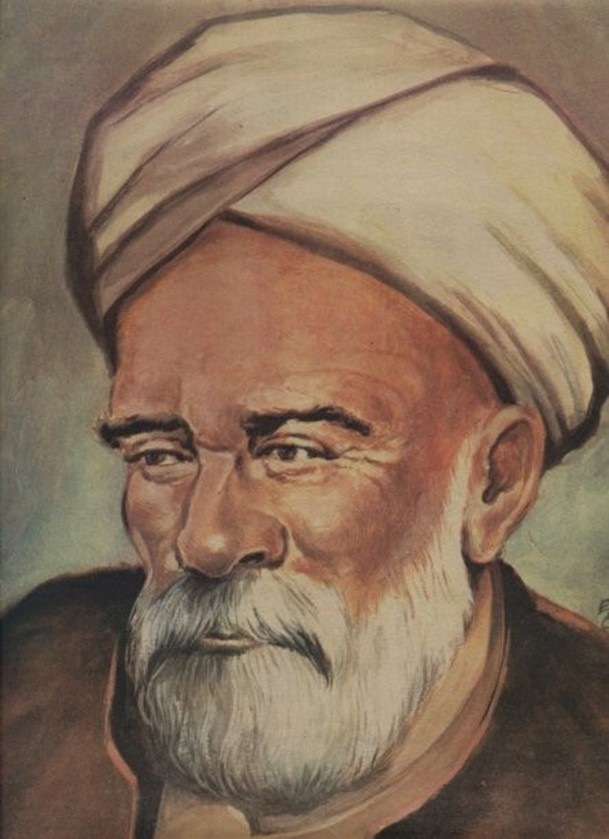
Abu Nasır Muhammed İbn al-Farah al-Farabi, who is known as Alpharabius’ in the West, is a famous philosopher and scientist who lived in the Golden Era of Islam between the 8th and 13th centuries. Farabi was born in 870 in Vasic, Kazakhstan and died in 950 in Damascus. He traveled around important science centers of his time such as Bukhara, Bagdad, Damascus, Cairo, Harran, and Aleppo.
There are many contributions of Al-Farabi to different fields such as logic, mathematics, music, philosophy, psychology, and education. In philosophy, he translated the Greek Works of Aristotle and Plato and he made considerable contributions to them. Therefore, he is compared with Aristoteles, called Muallim-i Evvel (The First Teacher) in the field of philosophy by the Islamic world, and he is called Muallim-i Sani (The Second Teacher). As a philosopher, Al-Farabi was a founder of his school of early Islamic philosophy known as “Farabism” or “Alfarabism”. Al-Farabi classified the logic into two separate groups, the first being “idea” and the second being “proof”.
Al-Farabi wrote a book on alchemy that is titled The Necessity of the Art of the Elixir. Kitab al-Musiqa (The Book of Music) that is included philosophical principles about music, its cosmic qualities, and its influences is written by Farabi. He also wrote a treatise on the Meanings of the Intellect, which dealt with music therapy and discussed the therapeutic effects of music on the soul. Al-Farabi wrote a short treatise “On Vacuum”, where he thought about the nature of the existence of void. Also, his most famous work is a book that is titled as al-Madina al-fadila (The Virtuous City).
